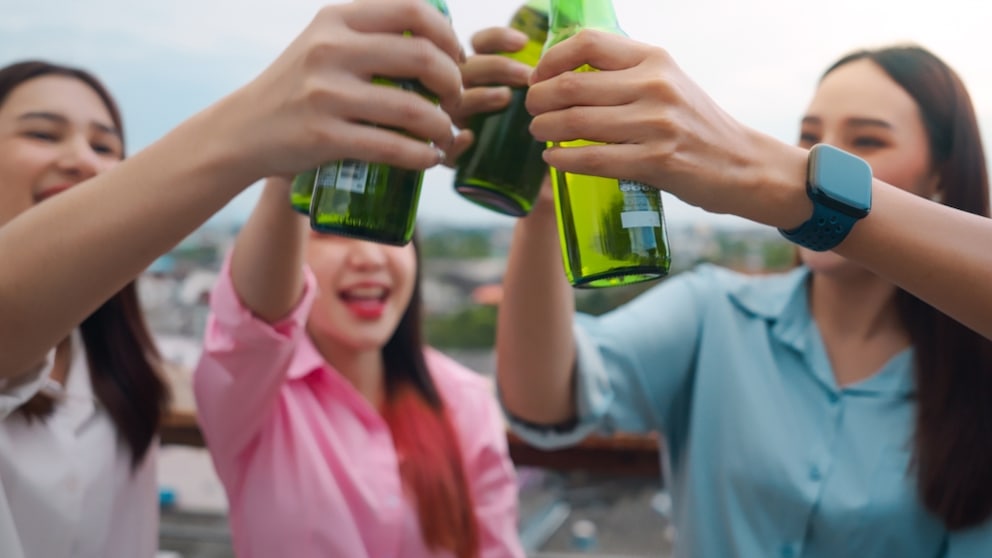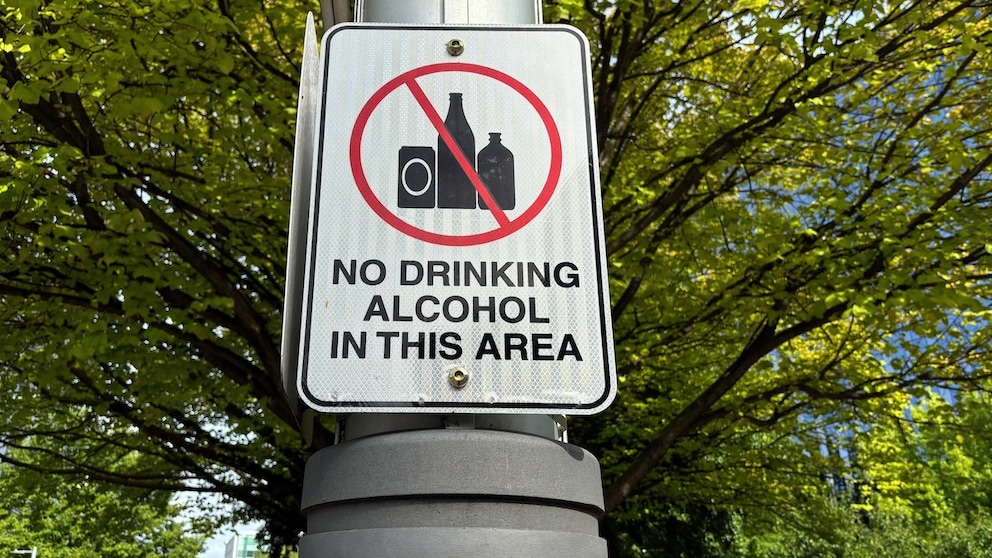February 21, 2025, 10:39 am | Read time: 3 minutes
Strolling through town or on the beach — in many countries, having a drink is not only common in social gatherings but also on the go. However, drinking in public is not permitted everywhere. In some countries, it can even be expensive. TRAVELBOOK shows where drinking alcohol on the street is prohibited in Europe.
If you’re caught enjoying a sip of beer in a park or on the street in certain European cities, you might be hit with a hefty fine. Keep reading to discover which cities will make you pay dearly for if you drink on the street.
Overview

These Resort Destinations Are Now Taking Strict Action Against Swimwear

These Penalties Await You Worldwide for Illegal Waste Disposal

Why is alcohol so expensive in Scandinavia?
These Cities Impose Fines for Public Alcohol Consumption
Rome & Milan – Italy
Strict rules on the consumption of alcohol in public have been in force in the Italian capital, Rome, since 2009. Here, it’s prohibited to drink alcohol from glass bottles after 10 p.m. After 11 p.m., this rule applies to all alcoholic drinks, regardless of their container. Nightclubs and bars are also banned from serving alcohol between 2 a.m. and 7 a.m. Similarly, in Milan, street drinking is off-limits between 10 p.m. and 7 a.m., with fines for those who break the rule.
Warsaw – Poland
The consumption of alcohol in public places in Warsaw, Poland, is completely prohibited. Restaurants, bars, and other establishments with licenses to serve alcohol are exempt from this regulation. According to Warschau.info, there may also be special regulations for special events.
Vienna – Austria
In Vienna, drinking alcoholic beverages in public places is partially prohibited. For example, alcohol is banned on public transport and in associated buildings such as subway stations, Suchthilfe Wien reports. Alcohol consumption has also been prohibited in some public places, such as the Praterstern, since 2018. Since February 2025, Franz-Jonas-Platz in Floridsdorf has also enforced an alcohol ban, with police and social workers keeping a watchful eye.

Barcelona – Spain
A comprehensive ban on alcohol in public applies in Barcelona. Drinking is strictly forbidden in parks and on streets and beaches. At the same time, the sale of spirits is also prohibited between 10 p.m. and 8 a.m., according to Spain.Diplo. This does not apply to establishments with a liquor license where drinks are sold. Violations can be punished with a fine of up to 600 euros, reports 321Barcelona.
Amsterdam – Netherlands
In Amsterdam, too, tourists and locals should avoid consuming alcoholic drinks in public. Especially in the city center, for example, in the red light district “De Wallen,” there is a strict ban on alcohol — this includes not only active consumption but also the carrying of intoxicating drinks. Since 2023, smoking pot has also been prohibited in most public spaces in Amsterdam and is punishable by fines.
Riga – Latvia
Anyone traveling to Riga must be prepared for a complete ban on alcohol in public, which applies throughout the country. Here, too, the consumption of alcoholic beverages is only permitted in licensed establishments such as bars and pubs. The purchase, possession, and consumption of cannabis is also strictly prohibited in Latvia and can even be punished with a prison sentence, according to the Foreign Office.
To sidestep any unpleasant surprises on your vacation, whether in Europe or a far-flung locale, make sure to research the local public alcohol consumption rules beforehand.

